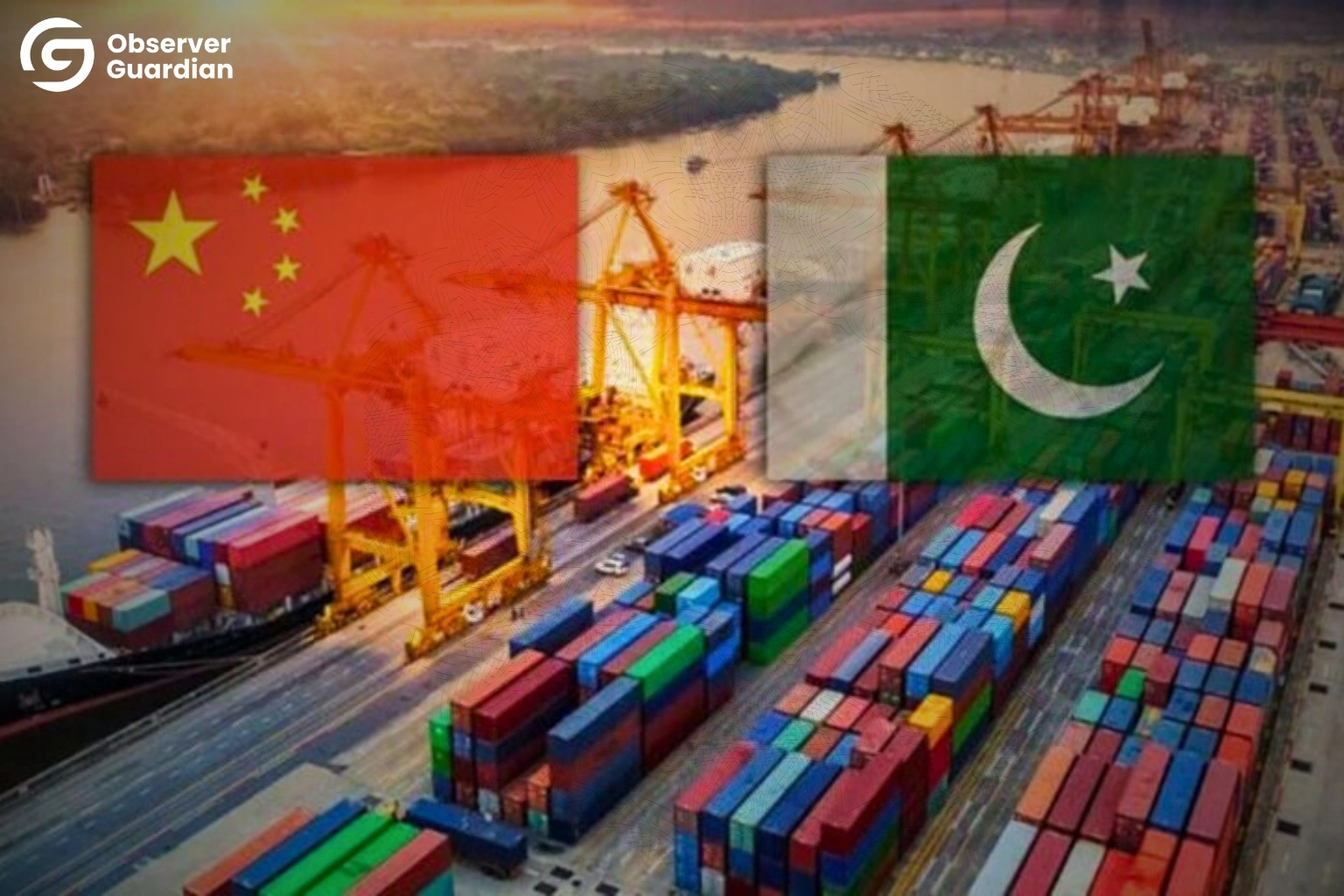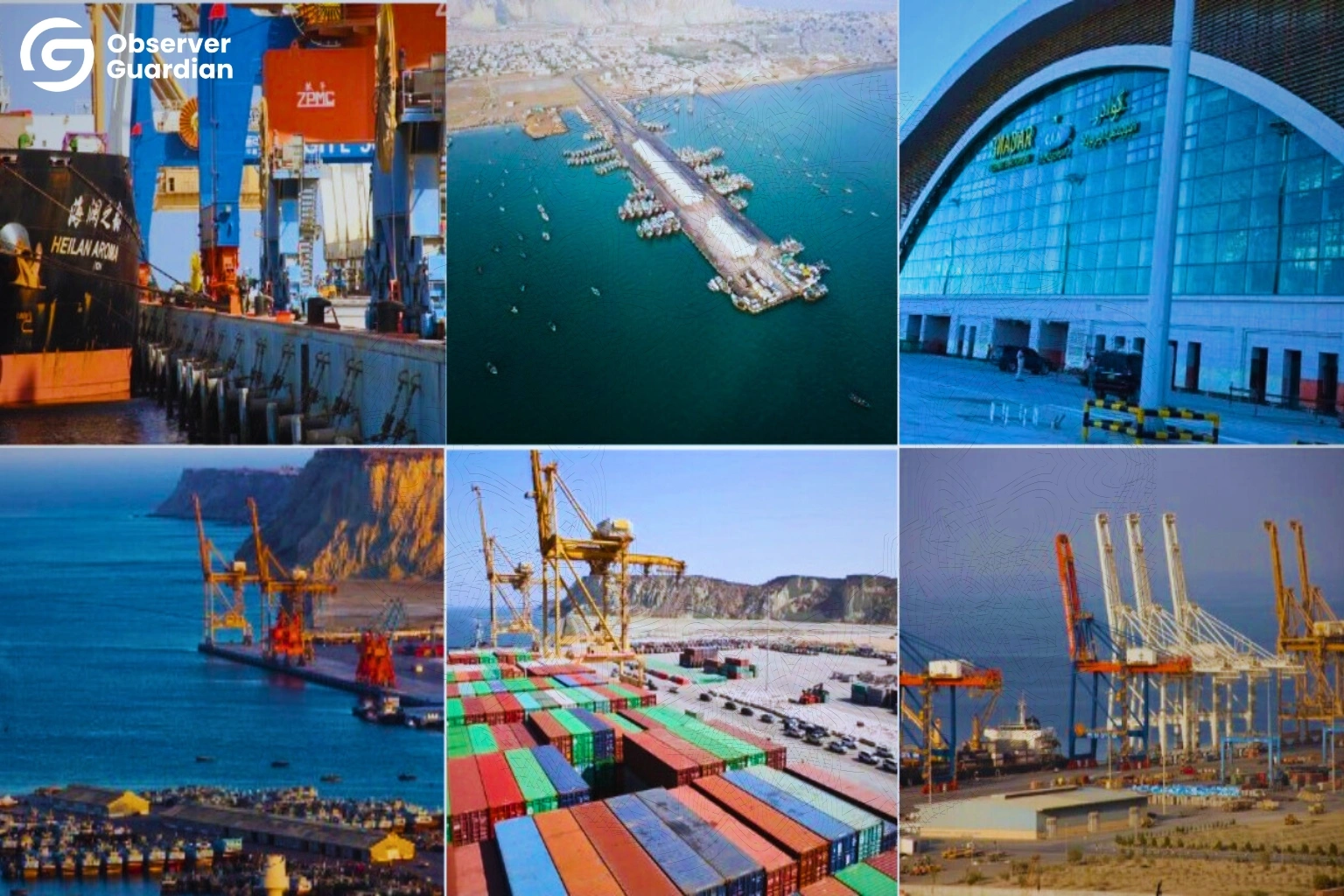The crown jewel of the China-Pakistan Economic Corridor (CPEC), Gwadar Port is changing the economic landscape and position of Pakistan. Gwadar is a port on the southwestern coast of Balochistan, which can connect Pakistan not only to the Middle East, but also to Central Asia. It is located at the entrance to the Arabian Sea, which due to its strategic location provides access to some of the busiest shipping routes in the world, making it an important and crucial point in world trade and connectivity.
On one hand, for China Gwadar is a game changer. It offers a direct trade route through Pakistan to the Arabian Sea, so reducing the distance of oil and goods transportation by almost 10,000 kilometers in the Middle East. This translates to billions of dollars of shipping expenses, and a less risky and safer way to travel, as opposed to the route that passes through the Strait of Malacca. On the other, for Pakistan this strategic alliance is an investment of huge transit revenues, foreign investment, and an opportunity to transform the economic geography.
Gwadar is turning out to be the fastest growing trade and logistic center around the world.
Its deep seaport has the capacity of accommodating huge cargo ships, so making Pakistan a key player in regional and international shipping. It has made the country very strategic not only to China, but also to other countries who want to have an easier access to the Asian, Middle East, and other adjacent geographical markets. Thus, with the convergence of trade routes due to Gwadar, Pakistan will emerge as a significant transit and supply chain partner in a multi-continent network.
Turning around the Economy of Balochistan
Besides, the most evident effect of Gwadar’s emergence perhaps is in Balochistan itself. The province is long marginalized and is also poorly developed with low investment in infrastructure and fewer jobs in the province. Due to Gwadar, roads, housing projects, power plants and modern facilities are taking shape, and jobs and hopes are trickling down to the local population. To most of the Baloch families, the port is not only a source of economic gain, but also a part of overall Pakistan’s development story.
Moreover, another milestone of this transformation is the new Gwadar International Airport. It serves to accommodate big international planes, so this means that travelling and trade become very easy in the region, as well as in other parts of the world. It should be noted that increased air connectivity will help promote business activities, as well as tourism, further diversifying Gwadar’s economy, which is already growing. Thus, enhancing the logistical support of Pakistan.

Water, Industry and Sustainability
Furthermore, plants have become a necessity in a place where there is dry climate. The addition of new facilities in Gwadar is enhancing water supply among the individuals and industries, which is one of the most urgent problems in the region. Availability of clean water is not only essential to the survival of humans, but also it creates confidence among the local populations and development officials. So, it is a significant step towards sustainable development.
In the meantime, there is planning of industrial areas around the port. These areas are essential to bring in factories and manufacturing companies, which will provide thousands of jobs, especially to the local people. Hence, this industrial base will not only boost the regional economy but would also decrease the reliance of Pakistan on imports, as it will enhance local production.
A Relief to Karachi Port and a Gateway to Central Asia
Additionally, Gwadar also plays a functional role of relieving access pressure on Karachi Port, which has traditionally been the main piece that supports most of the maritime trade in Pakistan. This alternate deep water port enhances efficiency, eliminates congestion, and gives backup in case of disruption. In a broader scope, the connectivity of Gwadar moves to Central Asia, connecting landlocked nations such as Afghanistan and Turkmenistan to the Arabian Sea. This is a process of regional integration, and it increases the diplomatic power of Pakistan, and enhances its economy.
So, Gwadar is more than a port, as it is a symbol of what Pakistan envisions of being a hub of regional trade and energy flows.
This is a project with tremendous geopolitical and economic importance from which not only Pakistan and China can benefit, but also the rest of the region can connect and develop. Hence, Gwadar has the potential to be one of the most strategic ports of the 21st century. It is the only port in Pakistan, which is open to a more connected and prosperous future with further investment and inclusion.
⚠ Disclaimer
The views and opinions expressed in this article are exclusively those of the author and do not reflect the official stance, policies, or perspectives of the Platform.







